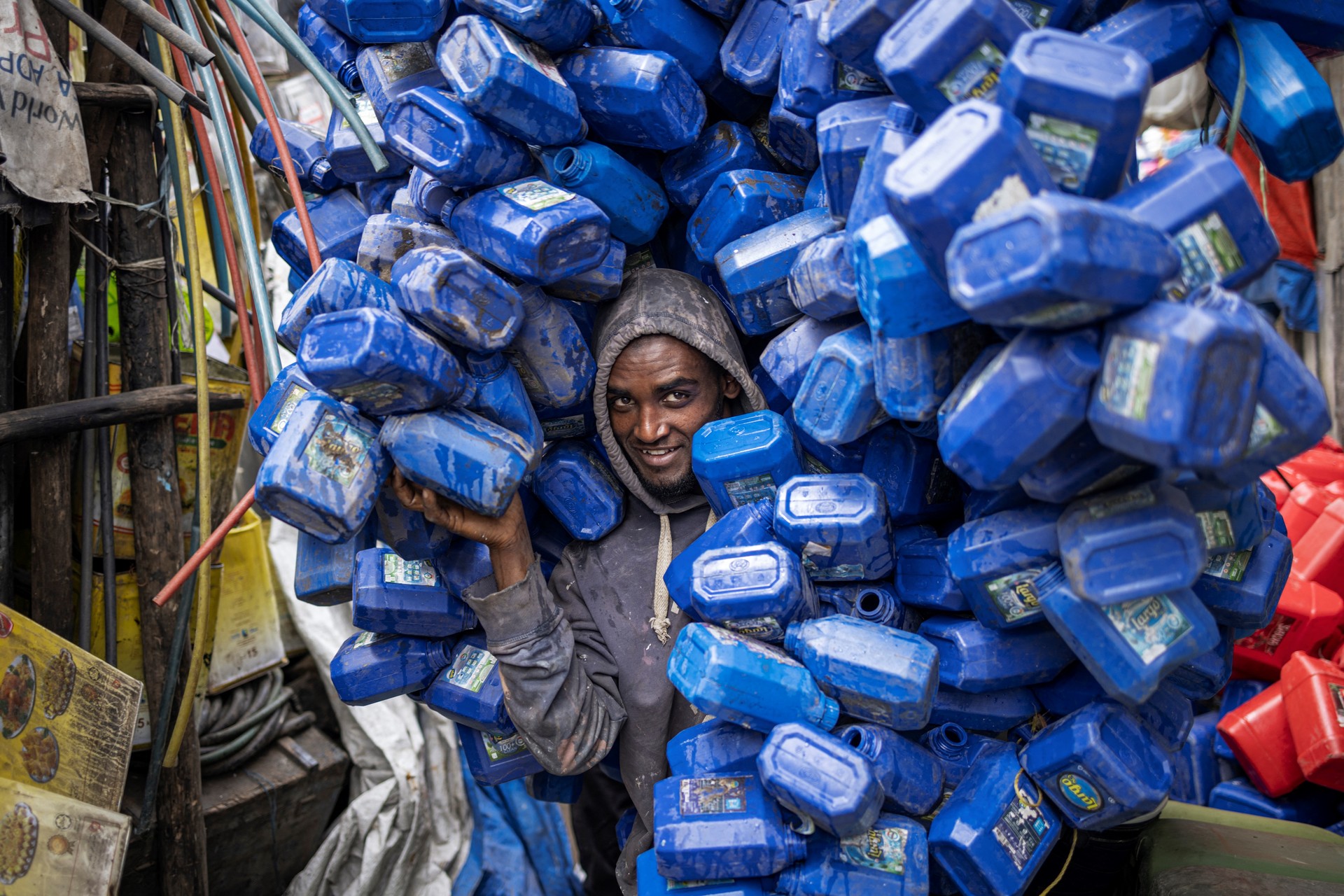
Negotiators from around the world will convene in Busan next week in a critical push to finalize the first-ever global treaty aimed at tackling plastic pollution. However, deep divisions among countries threaten to derail the process, despite two years of negotiations.
The talks, scheduled to begin Monday, represent what United Nations Environment Programme chief Inger Andersen has called a "moment of truth." Andersen stressed the urgency of the situation, warning that speculation about further delays must give way to decisive action.
"Busan can and must mark the end of the negotiations," Andersen said earlier this month. While acknowledging significant disagreements, she called for "more convergence" on contentious issues, urging member states to deliver a treaty capable of addressing the growing crisis.
Plastic pollution has infiltrated virtually every corner of the planet. In 2019 alone, global production reached approximately 460 million tonnes—double the volume produced in 2000—and is projected to triple by 2060, according to the Organisation for Economic Co-operation and Development.
The majority of plastic, over 90 percent, is never recycled. More than 20 million tonnes leak into the environment annually, polluting oceans, mountaintops, and even human bodies. The issue also contributes to climate change, accounting for roughly three percent of global emissions, primarily through production reliant on fossil fuels.
At the heart of the negotiations lies a fundamental dispute over the treaty's scope. The High Ambition Coalition (HAC), comprising many African, Asian, and European nations, advocates for a comprehensive approach addressing the "lifecycle" of plastics. This would involve limiting production, redesigning products for reusability and recycling, and implementing robust waste management strategies.
Conversely, oil-producing nations like Saudi Arabia and Russia prefer a narrower focus, concentrating solely on waste management. The HAC has called for binding global targets to reduce plastic production and warned that "vested interests" must not obstruct progress.
These disagreements have left the negotiating process bogged down, with previous rounds producing a sprawling 70-page document. A condensed 17-page version, intended to streamline discussions, has been met with mixed reactions. Critics, including the Center for International Environmental Law, have called it insufficient, claiming it would fail to address the crisis adequately.
The positions of major players like the United States and China remain pivotal. Although Washington initially signaled support for production limits earlier this year, recent reports suggest a possible retreat from this stance. The uncertainty surrounding U.S. participation has been further complicated by Donald Trump's election, raising doubts about treaty ratification.
Industry stakeholders are similarly divided. Some plastic producers advocate for waste management solutions and warn that capping production could lead to "unintended consequences." Others support establishing global standards, including limits on sustainable production levels.
"Expectations are high ahead of Busan," said Eirik Lindebjerg, global plastics policy lead at the World Wide Fund for Nature (WWF). He noted that an "overwhelming majority" of nations support binding rules across the plastic lifecycle.
As negotiations begin, the world will watch to see if leaders can overcome entrenched divisions and deliver a treaty capable of curbing plastic pollution. "It is now up to the leaders of those countries to deliver the treaty the world needs," Lindebjerg added.
Whether the summit will mark the end of negotiations or yet another delay remains uncertain, but the urgency to act is undeniable.